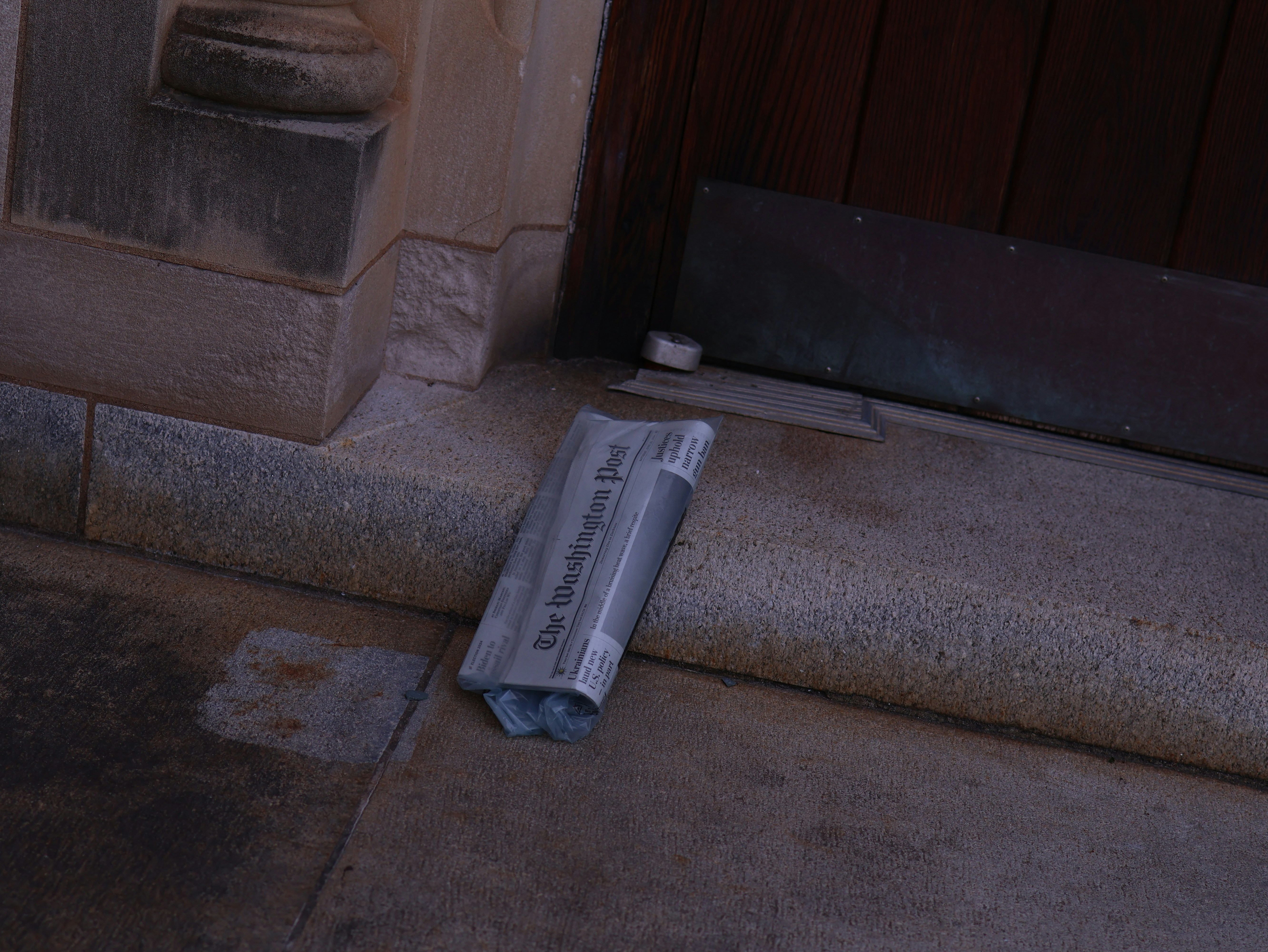The Children's Center of Hamden Data Breach Lawsuit Investigation
Were you recently notified that your private information was exposed at The Children's Center of Hamden? More than 5,200 people are now at risk of identity theft and medical fraud after a crippling cyberattack. Find out how to secure your data—and whether you can pursue financial compensation—below.
What Happened?
On December 28, 2024, The Children’s Center of Hamden, Inc. (TCCOH) detected suspicious activity inside its computer network. A forensic investigation revealed that an unauthorized party infiltrated the system and may have accessed and stolen files containing personal information for employees, patients, and program participants.
After months of deep-dive analysis, TCCOH finished reviewing the compromised data on June 29, 2025. Notification letters were mailed beginning August 12, 2025.
What Information Was Exposed?
The specific data points vary by individual, but the breach could include any of the following:
- Full name
- Social Security number
- Date of birth
- Driver’s license or state ID details
- Biometric data
- Medical information
- Health insurance information
Why This Breach Matters
Stolen health-related data, combined with Social Security numbers, is a goldmine for cybercriminals. Victims may face:
- Medical identity theft and fraudulent insurance claims
- New account openings or loans in their name
- Tax refund or government benefit fraud
- Long-term credit score damage
Because TCCOH handles sensitive youth behavioral-health records, the potential impact extends to minors—whose credit files are often unmonitored for years.
Complimentary Credit Monitoring—But Is It Enough?
TCCOH is offering 24 months of free credit monitoring. While helpful, this service does not compensate you for time spent, out-of-pocket expenses, or emotional distress. It also expires after two years, even though stolen data can circulate indefinitely.
Your Legal Options
Data-privacy laws allow breach victims to seek damages when an organization fails to protect personal information. Potential claims can reimburse:
- Costs for credit freezes, identity-theft protection, or professional data-recovery services
- Unreimbursed fraudulent charges or medical bills
- Lost time dealing with identity-theft issues
- Emotional distress and privacy violations
Class action or individual lawsuits can also drive systemic security improvements, preventing future incidents.
Next Steps to Protect Yourself
- Enroll in the free credit monitoring right away.
- Place a fraud alert or credit freeze with the major bureaus.
- Review Explanation of Benefits statements for unknown services.
- Monitor bank, credit-card, and insurance accounts frequently.
- Document any suspicious activity—this is vital evidence if you file a claim.
How to Join the Investigation
If you received a notice from The Children’s Center of Hamden—or believe your information was involved—our team is collecting evidence for a potential lawsuit. There is no cost to learn about your rights. Click the “Free Case Review” button on this page, or call us to speak with a data-breach advocate.
Frequently Asked Questions
When did The Children's Center of Hamden breach occur?
Suspicious activity was discovered on December 28, 2024, with notifications sent starting August 12, 2025.
What data was compromised in The Children's Center of Hamden breach?
Possible exposures include Social Security numbers, medical records, biometric data, driver’s license details, health-insurance information, dates of birth, and full names.
Is TCCOH offering credit monitoring?
Yes. Impacted individuals are entitled to 24 months of complimentary credit monitoring and identity-protection services.
Can I sue The Children's Center of Hamden for the data breach?
Potentially. Victims may pursue compensation for financial losses, time spent, and emotional distress. Contact us for a free evaluation of your claim.
Does the breach affect minors?
Yes. TCCOH provides youth behavioral-health services, so children’s data may have been exposed. Parents or guardians can act on a minor’s behalf.







